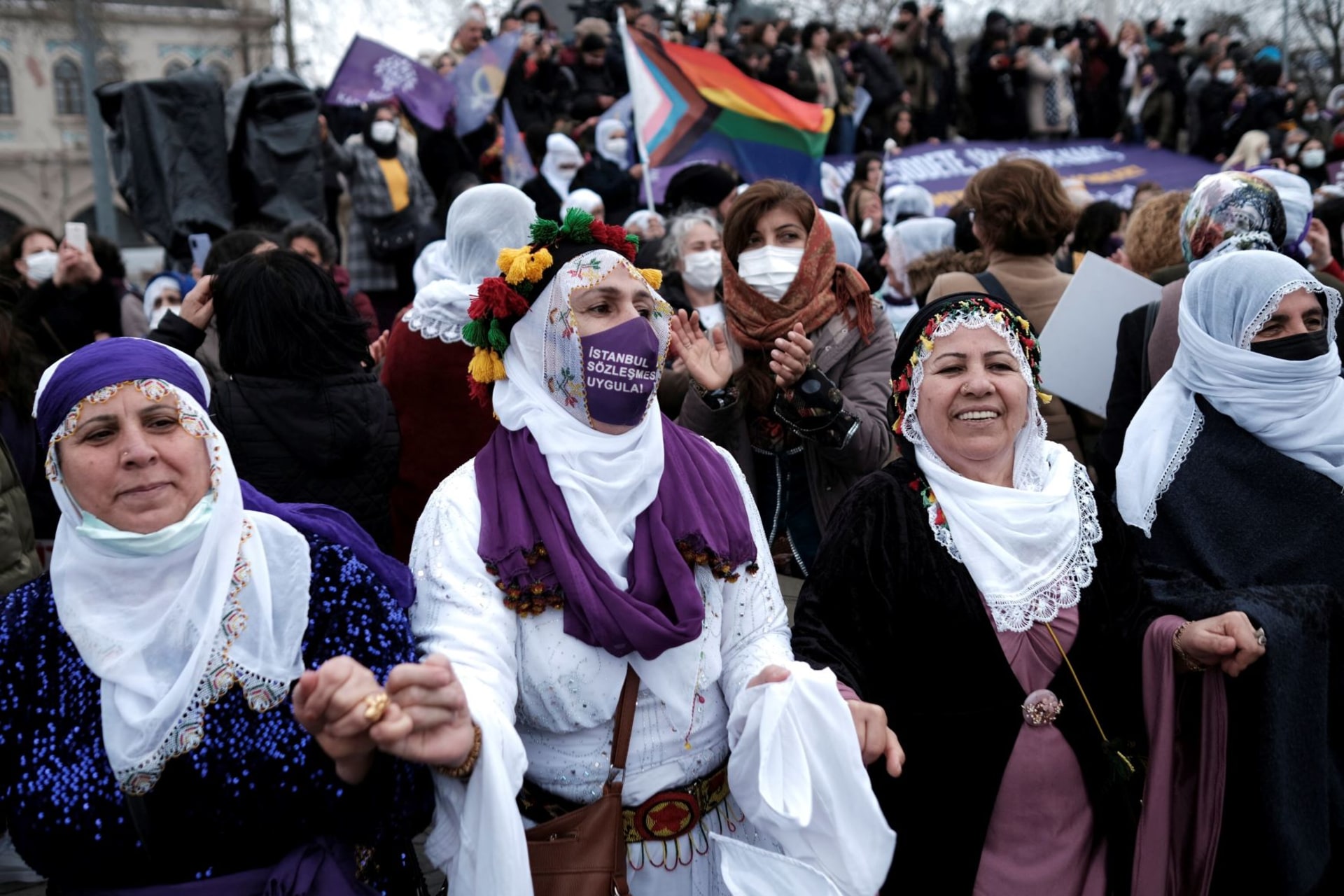New WFP Discussion Paper: Renewing the Global Architecture for Gender Equality
The Women and Foreign Policy program’s latest discussion paper highlights what went wrong in the global fight for gender equality—and proposes solutions for how to fix it.

By experts and staff
- Published
Today, Ann Norris and the Women and Foreign Policy program published the discussion paper “Renewing the Global Architecture for Gender Equality.” This discussion paper offers recommendations for policymakers, UN Women, and the Generation Equality Forum on how to improve gender equality and equity efforts.
National governments and international institutions have spent decades creating and implementing new initiatives in the pursuit of gender equality. Despite these efforts, women and girls still suffer disproportionate rates of violence and poverty, poor health and education outcomes, and lack of access to rights and justice. Chronic underfunding, unclear objectives, and a lack of political will have prevented institutions such as UN Women and the Generation Equality Forum from reaching their full potential. Rather than creating new institutions and launching new initiatives, the United States and other governments should commit to strengthening those already in existence.
The Women and Foreign Policy program’s latest discussion paper, authored by Ann Norris, proposes a series of policy recommendations for UN Women, the Generation Equality Forum, and the U.S. government on how to improve the existing gender equality and equity infrastructure. The Generation Equality Forum and UN Women can make great progress with increased funding and support. To that end, Norris calls on the U.S. and other governments to both increase financial contributions to and deepen involvement with UN Women, and to take ambitious steps to help ensure that the Generation Equality Forum succeeds.
But further financial support and deeper involvement from national governments are not the only recommendations the discussion paper provides. Norris urges UN Women to better define its mandate, articulate how it will measure progress, to strengthen its regional and country offices, and elevate the role of civil society within the organization. Regarding the Generation Equality Forum, Norris urges UN Women to better communicate with forum participants, immediately release a comprehensive and inclusive governance and accountability structure, and work to ensure that momentum is not lost and that the more than one thousand commitments made to date are ultimately realized.
Throughout the paper, Norris emphasizes the importance of successful implementation of gender equality and equity initiatives. While governments and other multilateral actors should consider innovative strategies to further gender equality, they should prioritize successful implementation of the many ambitious commitments made at the Generation Equality Forum and providing greater support to UN Women. Given the urgency and breadth of gender inequality around the world, renewed support for UN Women and the Generation Equality Forum would help restore confidence that it is possible to deliver results on gender equity and equality.